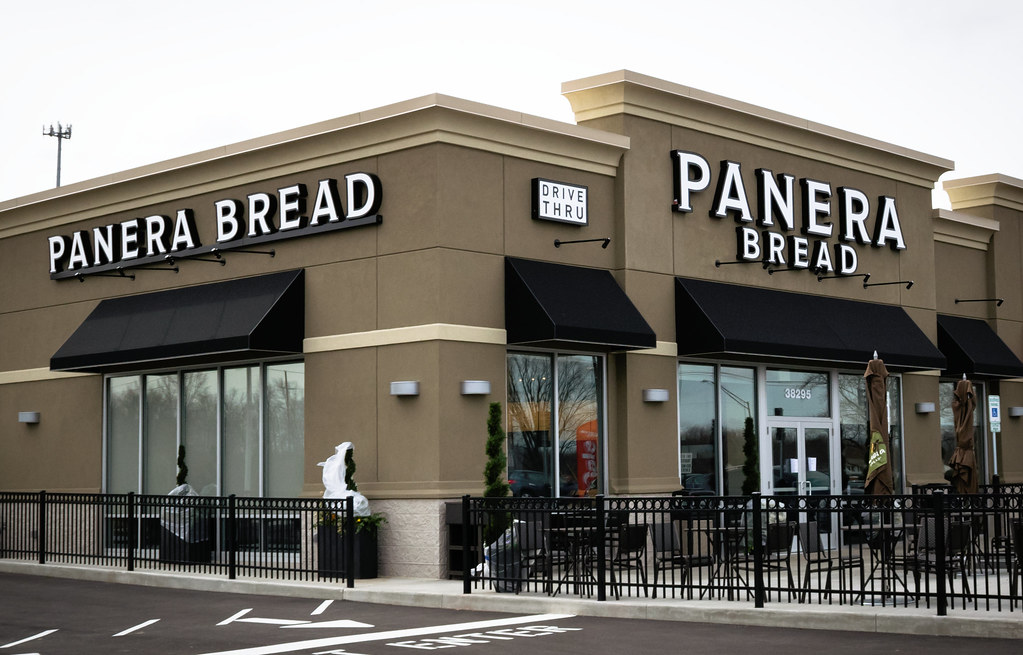A new $20 minimum wage is set to go into effect in California next week, but rather than helping the workers involved–those mainly in the fast food and restaurant industry–many of them will find themselves on the unemployment line.
Raising the minimum wage is a double-edged sword; it has complex effects on businesses and workers. For businesses, especially small ones, increased labor costs can lead to reduced hiring, cutting employee hours, raising prices, or even closing. Some workers may benefit from higher wages, but many face job loss or reduced hours as businesses are forced to adjust to higher costs. Sometimes the higher hourly wage is more than offset by the reduction of hours of work.
The restaurants in California that are making cuts are mostly pizzerias, according to a report published by The Wall Street Journal. Many other businesses have plans to eliminate hundreds of jobs, as well as cut back hours and freeze hiring, the report shows.
Governor Gavin Newsom signed the Fast Act back in September to require fast food chains with 60 or more locations nationwide to meet that wage increase. Labor unions had fought for it alongside the healthcare industry, which will also see the wage raise in June.
Newsom, standing beside union members, was ecstatic in September. “This is a big deal. That’s 80% of the workforce,” he said. That is true as far as it goes, but Newsom is not calculating some of the trickle-down or hidden effects of the wage boost.
Pizza Hut is laying off more than 1,000 delivery drivers in California as the hourly wage will go from $16 to $20, starting in April. It had already announced cuts to more than 1,200 delivery jobs in December. Some Pizza Hut franchises in California also filed notices with the state saying they were discontinuing their delivery services entirely.
Excalibur Pizza, a franchisee of Round Table Pizza, has plans to cut 73 driver jobs in April, which amounts to 21% of its workforce, the company confirmed with USA TODAY Wednesday.
“The franchisee is transferring their delivery services to third-party. While it is unfortunate, we look at this as a transfer of jobs,” a company rep told USA TODAY. “As you know, many California restaurant operators are following the same approach due to rising operating costs.”
It is not only the obviously defined restaurants and fast food franchisees that are affected. The legislation indicated that businesses that “feature ice cream, coffee, boba tea, pretzels, or donuts” could meet the definition of a “fast food restaurant covered by the law,” according to The National Law Review’s breakdown of the bill. What’s more, the law could extend to similar businesses that provide things like sweets and drinks.
Many of these types of businesses are small and owned by individuals, rather than national chains. They would be most affected by a rise in overhead costs.
Even the large chains are foreseeing difficulties in adjusting to the pay hike. Greg Flynn, who has monopoly over Panera franchises in California, tried to get out of the state’s new mandate earlier this year, according to Bloomberg, resorting to a loophole that restaurants making in-house bread do not have to boost employee earnings.
Flynn’s ploy failed. Newsom’s office called the claim “absurd,” telling the Los Angeles Times that any such exemption was out of the question.
Chipotle’s CFO told Yahoo Finance that the company will be forced to increase their prices to comply with the minimum wage increase. Starbucks told the outlet it is evaluating the impact of the Fast Act but did not comment on whether or not it would comply. It is unclear whether or not the franchise would be considered a “fast food restaurant” under the new legislation. Notably, Starbucks has long been heavily criticized for their inflated prices, and any further rise could severely affect their business. However, Starbucks has committed to at least a 3% increase to wages that went into effect on Jan. 1, according to a statement put out by the company.
At the same time, the coffee chain recently closed seven of its stores in the state of California, USA TODAY previously reported.
Starbucks may not be alone in choosing to shut down some of their locations once the new law goes into effect.












